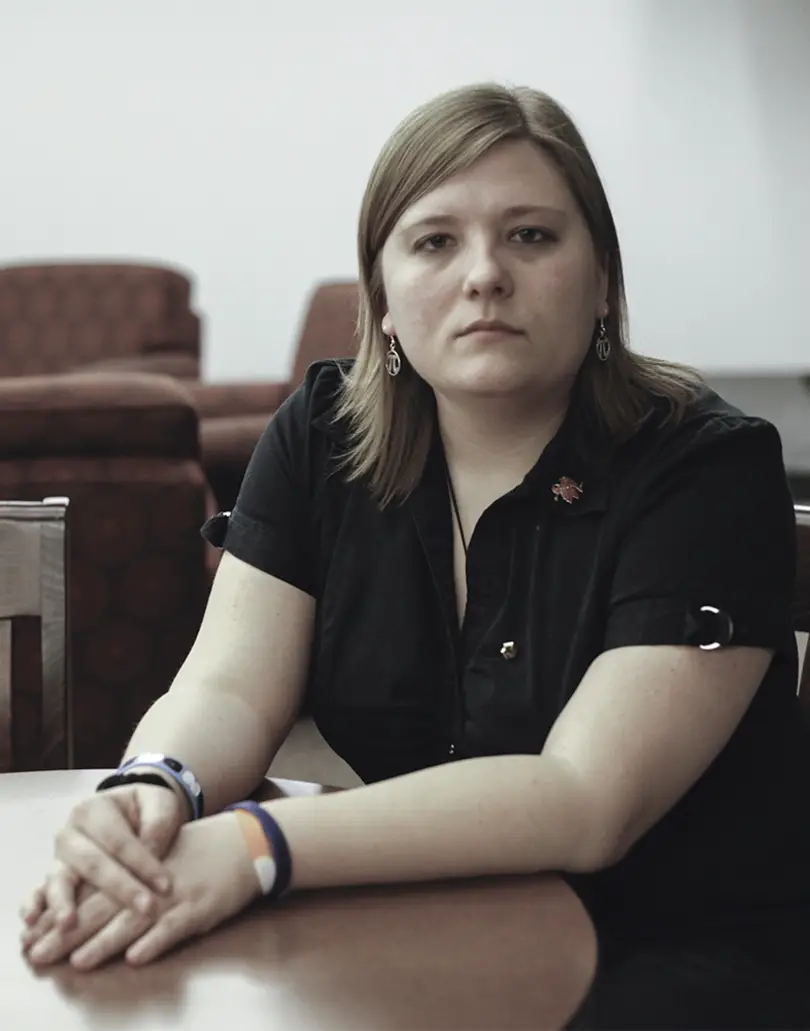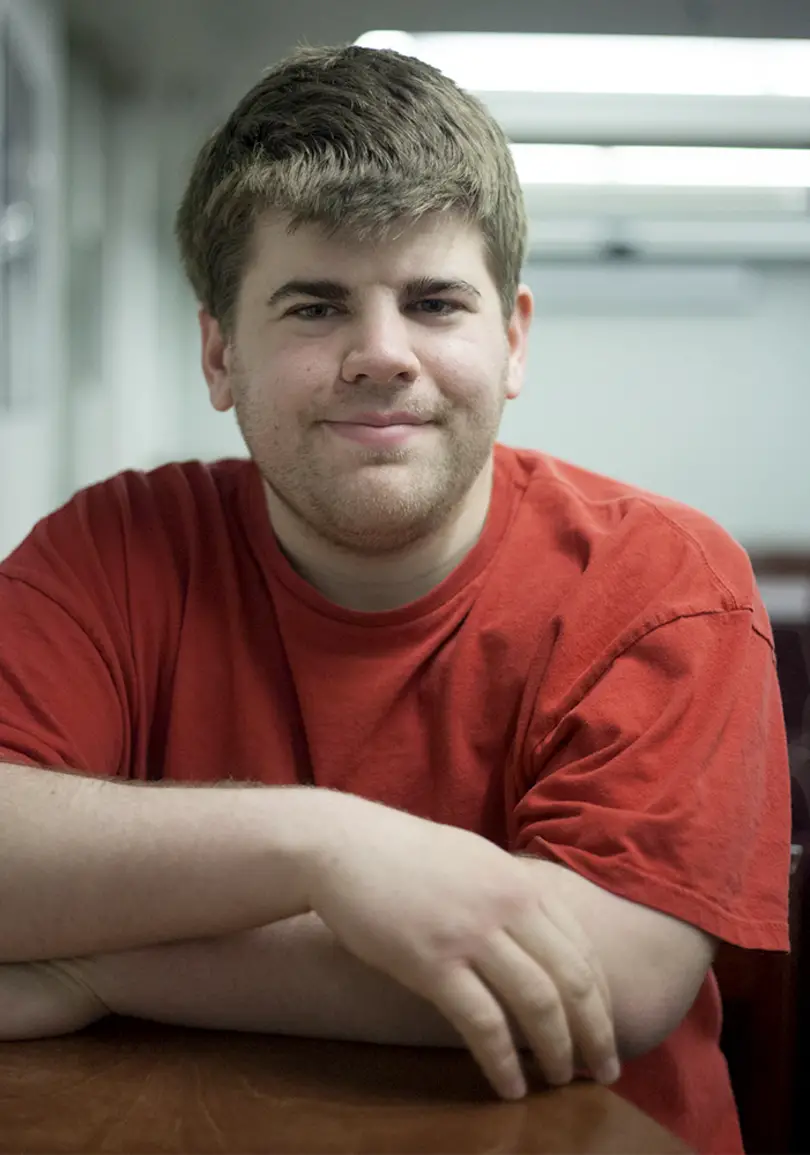In religion, there are a variety of different words and terms used to describe someone’s belief system – Christian, Muslim, Hindu.
In addition to religious terms, though, there is another set of terminology – secular terminology, such as atheism and agnosticism – that some feel warrant more discussion.
“Atheism is not a belief system. It’s a word we have to describe a lack of belief,” said Jeremiah Thompson, a member of the Secular Student Alliance and professional writing instructor at Syracuse University.
The emphasis on discussion is found across the board with secularists, as well as an emphasis on normalizing the notion of secularism.
While some secularists believe atheism gets a bad rap because of the stigma that goes along with it, many atheists and agnostics ensure they live their lives just as everyone else. They can still live a moral life without the existence of God in their lives.
“We live like everyone else,” said Matthew Davis, an officer in the SSA and a doctoral candidate in electrical engineering. “There’s nothing exotic to atheism.”
Students at SU who are either atheist, agnostic or secular can find a place to discuss and enjoy others’ company in the SU chapter of the SSA.
While the club isn’t as active as it has been in past semesters, the discussion continues on the group’s Facebook page.
The goal of the group is to provide a place for students to voice questions about terminology and the lack of belief, or just a safe space to make jokes and share stories and ideas.
Many students, such as Justin Trimm, feel the SSA is a welcoming and positive environment, even just as a place to say whatever is on their minds.
“It can be a community for those who are non-believers and agnostics,” said Trimm, a senior writing and rhetorical studies major. “Believers can also come and discuss, too.”
This open attitude is an important element to the SSA, as each person has had their own experiences defining who they are. Some students were brought up in religious households, while others never had religion play a large role in their lives in the first place.
Many students involved in the SSA feel they’ve always been atheist, but didn’t know about the terminology until much later in life.
Students in the group have different influences for their ideologies. Some look to science or scientists like Richard Dawkins for answers. Some cite rationalism as an influence. Others enjoy authors like Christopher Hitchens. Others still, like Trimm, refer to atheistic comedians.
“My main influence has been comedians. I grew up watching a lot of George Carlin, Bill Hicks, Tim Minchin,” Trimm said. “I would watch it and I remember thinking, ‘Yeah, I get that. I agree with the points they’re making in a hilarious way.’”
Hendricks Chapel has included the SSA in discussions and events in the past, such as the “Breaking Bread with the Secular Student Alliance” event in the fall of 2011.
The event came after an incident that included vandalism of the SSA’s chalk advertisements on the Quad.
“The Syracuse’s SSA has faced some discrimination in the past, including some hate-filled vandalism of SSA adverts that occurred just last year,” said Alex Weiss, a 2012 alumnus, in an email. “We chalked the quad one day to advertise one of our upcoming meetings. We came back the next day to find someone had chalked over the adverts with messages like ‘bullsh*t,’ ‘stupid,’ ‘idiots.’ Charming stuff.”
The vandalism inspired action on both students’ and Hendricks’ part to include more dialogue about secularism.
Since then, people have become more aware of the SSA’s existence and working to make that awareness positive.
“SSA’s representation on campus as an accepted alternative to religious groups appears to be growing. Hendricks Chapel has been doing a good job of reaching out and including SSA members in round table discussions,” Weiss said.
To many atheists and agnostics, their personal lack of faith is an individual preference, with each person using their own way to describe himself or herself.
“Secular members of society come from all walks of life. And almost everyone uses a different personal identifier,” Weiss said.
There is a range of secular belief and non-belief. Some people don’t like to use labels, while others feel the terminology helps them understand where they are when it comes to their secularism.
While some people identify themselves as atheist, others call themselves agnostic, secular humanist or, in Amanda Lashua’s case, apatheist.
“I’m an apatheist, which means I subscribe to apatheism, which means I just don’t care,” said Lashua, a doctoral candidate in chemistry and member of the SSA. “It’s irrelevant to my life.”
Just as there are varying degrees of secular terms, there is also a variety of ways atheists and agnostics view religion. Some feel that organized religion is not a good thing, while others don’t care or think it has a positive existence.
A common belief in the group, though, is that the SSA’s voices need to be heard by both non-believers and believers alike.
An open dialogue between those who live a secular lifestyle and those who live a religious lifestyle is needed for a sense of equality to be established, said Ben Jones, a junior political science major and member of the SSA.
Said Jones: “One thing, more than anything else, is that atheism needs to be at the table. We need to coexist.”
This is part four of a four-part series exploring the role of spirituality in the lives of Syracuse University students. This article was published on March 6, 2013 at 2:05 pm.
- Week 1: Widening the Circle: Chaplain, organization dispel Pagan stereotypes through awareness
- Week 2: Closer to Home: Life on campus provides opportunity for students to explore Judaism further, find elements of family in new venues
- Week 3: With Open Arms: Vast spiritual opportunities lie within campus Chapel; Hendricks illuminates need for diversity
- Week 4: Secular Lifestyles: Students discuss secular life, ways to practice atheist beliefs on campus





“There is no hell on earth like life on earth without God.” – Chuck Swindoll
If you are young, carefree, feel invincible, and feel like this quote doesn’t apply to you, stick around for awhile. The older you get, the more this truth becomes real.